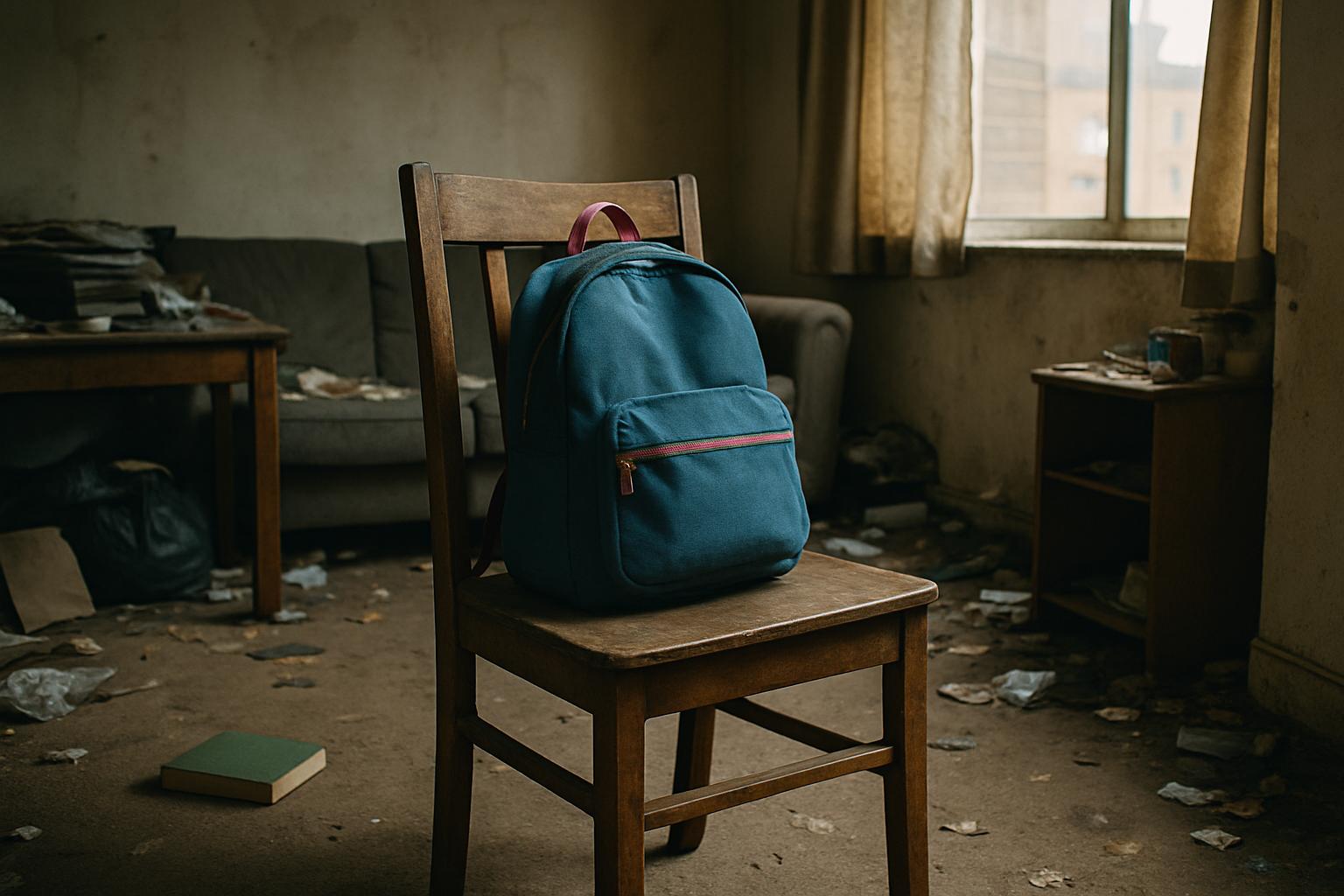Former Prime Minister Gordon Brown has issued a stark warning about the UK's escalating child poverty crisis, describing it as not only the largest cause of social division in the country but also the gravest threat to its long-term economic future. Speaking at a London event, Brown stressed that the failure to prepare young people for the workforce exacerbates this crisis, making it an urgent issue that demands comprehensive action. Recent statistics reveal that an estimated 4.45 million children in the UK live in households with relatively low income after housing costs, the highest figure since comparable records began in 2002/03.
Brown has proposed a detailed £9 billion plan to tackle child poverty. His three-point proposal submitted to the government's Child Poverty Taskforce includes introducing a tiered interest scheme on commercial bank funds held at the Bank of England to raise £3 billion, channelling another £3 billion to anti-poverty charities via reforms to Gift Aid and corporate philanthropy, and establishing a £1 billion UK Social Impact Fund aimed at generating sustainable social progress. Projections suggest that child poverty could reach 4.8 million by 2029, increasing by nearly 100,000 annually, heightening the urgency for decisive intervention.
In addition to financial strategies, Brown has called on the Labour Party to scrap the controversial two-child benefit cap—policies which he describes as contributing to what he terms a "cancer in our society." He advocates for a new coalition of compassion to confront and ultimately reverse the shameful rise in child poverty. This aligns with recommendations from the independent cross-party poverty strategy commission, which argues that abolishing the two-child benefit limit could reduce poverty by 4.2 million and deep poverty by 2.2 million, highlighting the scale of impact such reforms could have.
Brown's concerns go beyond child poverty, focusing on the broader societal implications of entrenched deprivation, particularly in major urban centres like London. He has pointed to how poverty diminishes the city’s standing by breeding inadequate education, poor housing, health problems, and crime. His policy proposals to tackle these issues include lifting four million low-income people out of income tax, cutting taxes for millions more, increasing investment by £2.5 billion in schools catering to children eligible for free school meals, and taxing excessive bank profits to fund the creation of 100,000 new jobs.
The former chancellor has framed the emerging child poverty levels as the worst seen in decades, a disturbing reversal of progress that many had hoped was consigned to history. The ongoing cost-of-living crisis continues to disproportionately impact low-income families, exacerbating the problem and underpinning Brown's urgent calls for comprehensive government action.
With the Government's child poverty strategy set for release this autumn, Brown's interventions underscore the pressing need for a robust, compassionate response. His advocacy for targeted economic reforms, combined with calls for policy shifts such as lifting the two-child benefit cap, reflect a multi-faceted approach to what he deems a national emergency that threatens both social cohesion and economic stability unless tackled decisively.
📌 Reference Map:
- [1] (Evening Standard) - Paragraph 1
- [2] (Evening Standard) - Paragraph 1
- [3] (Gordon and Sarah Brown Press Release) - Paragraph 2
- [4] (ITV News) - Paragraph 3
- [5] (Evening Standard) - Paragraph 3
- [6] (Evening Standard) - Paragraph 4
- [7] (UK Reform) - Paragraph 5
Source: Noah Wire Services
